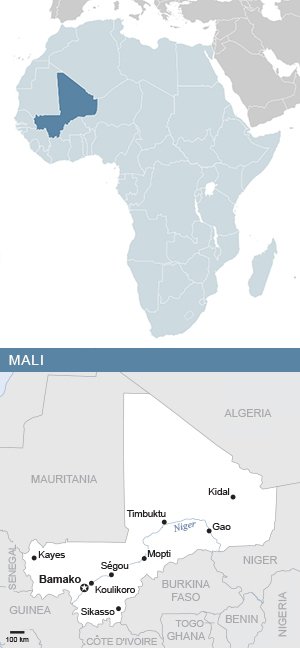
Ukrainian President Volodymyr Zelensky has made a dire prediction: If the United States pulls out of NATO, “it’s a 100% risk that Russia will come to occupy Europe.” This statement underscores the critical role of US support in deterring Russian aggression and ensuring European security.
Rising Tensions and American Shadows
Zelensky, in a recent interview, stressed that without US support, European countries would struggle to defend against Russia’s military advances. Intelligence reports indicate that Russian President Vladimir Putin is amassing 150,000 troops in Belarus, which could serve as a launchpad for invading Poland and Lithuania. This escalation has alarmed NATO allies, raising concerns about the broader implications for regional stability.
European Defense Initiatives at a Time of Uncertainty
With US foreign policy potentially shifting, European leaders are reassessing their defense strategies. French Defense Minister Sébastien Lecornu called the situation a pivotal moment for NATO, questioning the alliance’s future strength.
- European nations are exploring the creation of a joint European armed force to reduce dependence on American military support.
- Increased military spending and defense collaborations are being discussed to ensure Europe can deter Russian threats independently.
- Strengthening NATO alliances and reinforcing collective security agreements have become top priorities for European policymakers.
Europeans Worry Negotiations Will Leave Them Exposed
At the same time, the Trump administration has initiated peace talks with Russia, aiming to negotiate a ceasefire in Ukraine. However, European leaders have raised concerns about being excluded from these talks.
President Zelensky has insisted that Ukraine must be part of any peace agreement, rejecting any deals made without Ukrainian input. The absence of European nations in negotiations has heightened fears about the impact on European security and Russia’s growing influence.
The Future of NATO and Collective Defense
The geopolitical landscape is changing, sparking debates over NATO’s future and the principle of collective defense in Article 5 of the NATO treaty.
- US Defense Secretary Pete Hegseth has suggested a shift in American security priorities, focusing more on homeland security rather than European defense.
- This policy change has led European allies to question the US’s reliability and consider boosting their own military budgets.
- A stronger, unified NATO is being viewed as essential to countering Russia’s territorial ambitions.
FAQ
Q: What did President Zelensky say about US involvement in NATO?
A: President Zelensky warned that if the US withdraws from NATO, there is a “100% risk” Russia will occupy Europe. He emphasized that US support is crucial in preventing Russian expansion.
Q: How are European nations responding to potential shifts in US foreign policy?
A: European leaders are re-evaluating their defense strategies, including discussions on forming a European military force to reduce reliance on US military assistance and independently counter Russian threats.
Q: What concerns have been raised about the US-Russia peace talks?
A: European leaders and President Zelensky fear they will be excluded from negotiations, insisting that Ukraine must be involved in any agreement affecting its future. They worry that a deal without European input could weaken regional security.
Q: How could changes in US security priorities affect NATO?
A: Statements from US officials suggest a reassessment of commitments to European defense, prompting European allies to question NATO’s reliability and increase their own defense spending.
The current situation underscores the complex nature of international alliances and highlights the need for a unified strategy to address global security challenges.
What Do You Think?
How should Europe respond to potential US policy shifts? Join the conversation in the comments below and share your perspective.





